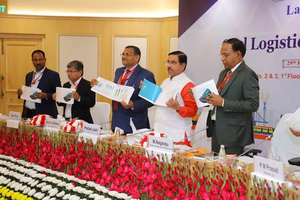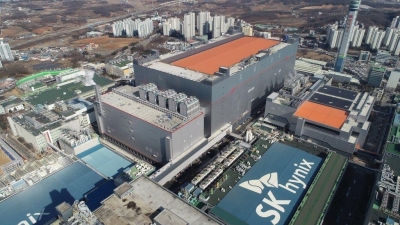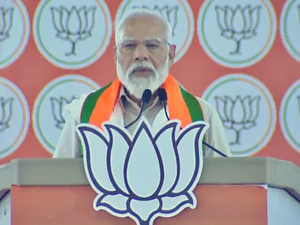New Delhi, Feb 29
Union Minister of Coal Pralhad Joshi on Thursday launched a groundbreaking ‘Coal Logistics Plan and Policy’ aimed at a strategic shift towards a railway-based system to evacuate coal from the pitheads of mines, which will cut transport costs by 14 per cent, enabling a savings of Rs 21,000 crore a year.
The Coal Logistics Plan proposes a strategic shift towards a railway-based system that will lead to first-mile connectivity projects at the mines. Currently, evacuation of coal from the mining pitheads is done by trucks to the railway points that are located at a substantial distance from the mines.
The minister emphasised on augmenting the railway network through First-Mile Connectivity at the mines. This transformative approach is expected to minimise air pollution, alleviate traffic congestion, and reduce carbon emissions by approximately 100,000 tonnes per annum. Moreover, a 10 per cent savings in average turnaround time of wagons nationwide is expected.
Highlighting the significance of integrated transportation systems, minister Joshi emphasised the Ministry’s initiative to integrate Rail-Sea-Rail (RSR) transportation, which has witnessed a remarkable growth of around 50 per cent over the past five years, with plans for further expansion to 120 billion tonnes by FY 2030.
Additionally, aligned with the PM Gati Shakti, 37 critical railway projects have been identified to meet the future coal evacuation demand.
The Minister also emphasised that the Ministry has launched 15 railway projects to address multimodal connectivity gaps, out of which five have already been commissioned.
Coal Secretary Amrit Lal Meena reiterated the Ministry’s commitment to enhancing efficiency in coal transportation and fostering robust infrastructure development.
Meena also highlighted proposals for extensive energy corridor projects, including construction of new railway lines and capacity augmentation of the existing lines.
He stressed on the importance of maintaining momentum to ensure coal’s integral role in India’s energy security and economic growth while upholding sustainability and social responsibility standards, and urged all the stakeholders to work in close coordination to ensure easy access to coal for everyone.








